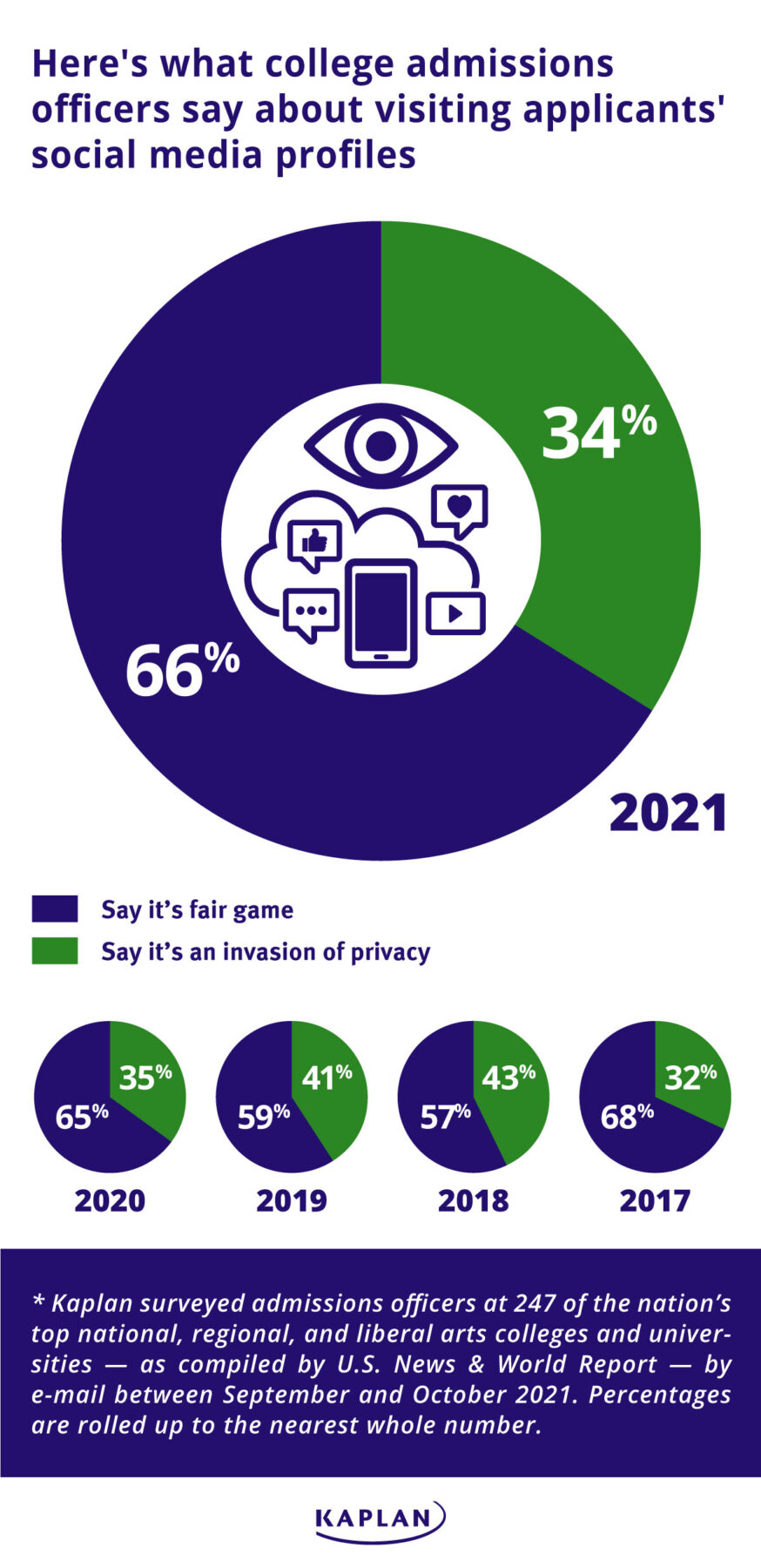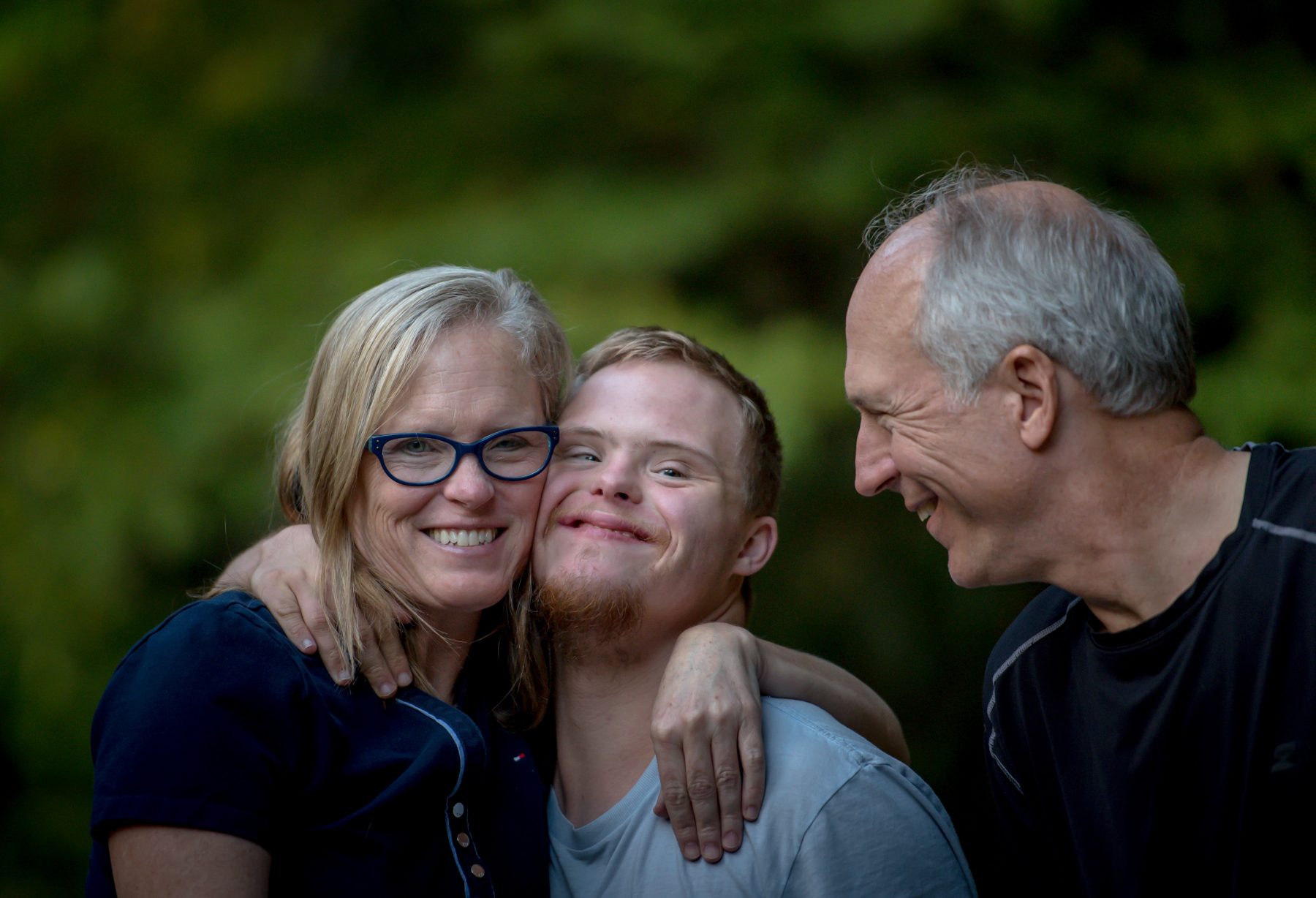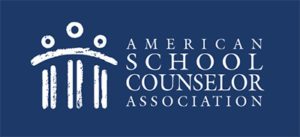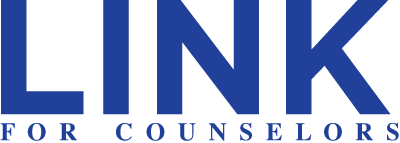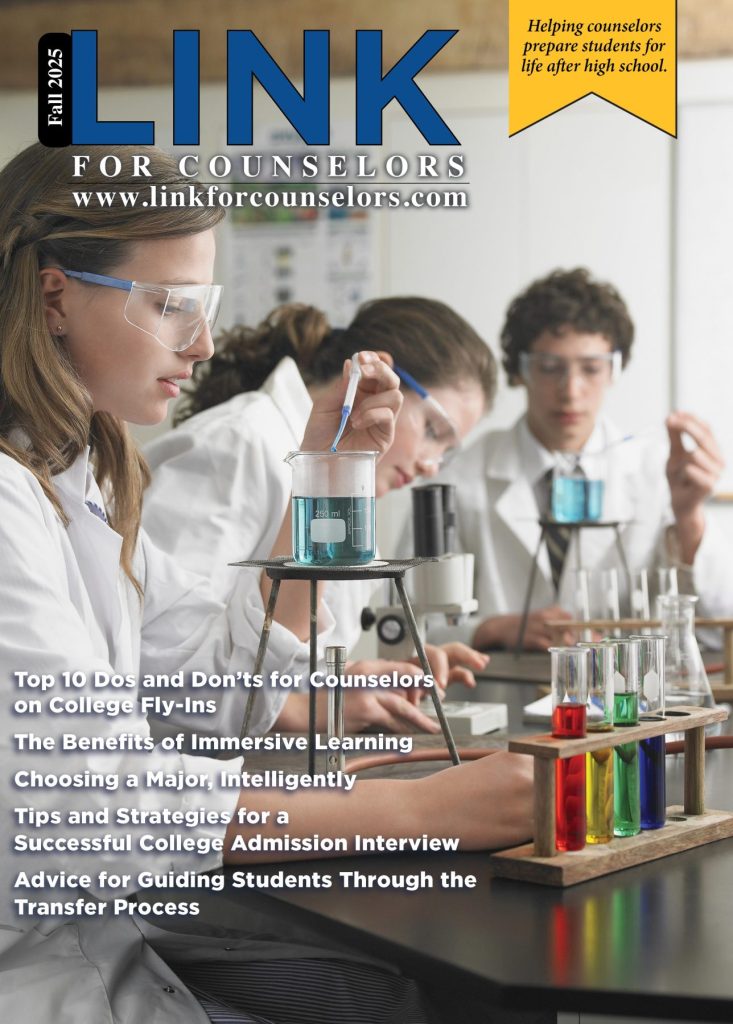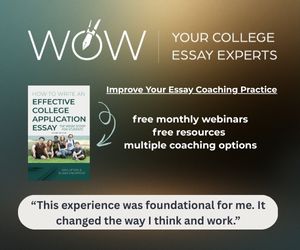Congratulations! We all made it through another college application essay season.
As you begin to prepare the Class of 2023 for the application process, it’s natural to reflect back on the college essay season we’ve just finished. Last year was filled with big challenges.
Students faced uncertainty over school schedules and the continuous threat of COVID, many families dealt with the aftermath of wildfires or hurricanes, and far too many seniors felt they only got a partial high school experience during the lockdown.
It can be easy to let these challenges take up a great deal of our mental real estate, so let’s take a moment to intentionally make space for joy.
At Wow, we end every weekly writing coach meeting with this prompt: Tell me something good.
There are no rules; it can be about something big or small, silly, or funny. Doesn’t really matter. We just like to share positive things. David Bersell is taking a comic writing class. One of Susan Knoppow’s children’s poems is getting published this spring. Kim Lifton’s daughter got a raise–the second time in a year. I was able to reconnect with a cousin I hadn’t seen in quite some time.
We also always schedule time to talk about things that are going well on the work front: exciting brainstorms, personal statements coming to fruition, students who meet every deadline, and more. These little litanies of joy help all of our writing coaches maintain our own enthusiasm, and they remind us about what we love most about being college essay writing coaches: our students.
The Class of 2022 College Essays
As 2022 gets underway, we’d like to share some of our moments of joy that come from our students. Here are five fun things that my fellow writing coach David Bersell and I learned from our students this year:
- “A student is a member of the Lumbee Tribe. I had never heard of this particular Native Tribe, so I did a little Googling. It didn’t take long to become fascinated by the Lumbee Tribe’s history of inclusivity and fight for federal government recognition. My student’s stories of gregarious family gatherings and cultural traditions humanized and gave context to the facts I found online.” Joe Kane
- “I learned about how the online flight simming community uses YouTube videos and forums to share information. To me, mastering a flight simulator seems about as challenging as flying an actual plane.” David Bersell
- “Thanks to one student, I discovered the literary magazine Dishsoap Quarterly this summer. My student and several friends co-founded the magazine during lockdown, and they already have three issues out. I wish I had done things this cool when I was in high school.” Joe Kane
- “I learned about the online community of international gardeners. My favorite gardening lesson was how different soil recipes can help plants thrive–compost gives macronutrients, peat moss offers low compaction, perlite helps drainage, and Azomite rock dust supplies micronutrients.” David Bersell
- “One of my students wrote about a life realization she had after listening to Oprah’s podcast. It’s been a long time since Oprah has been on my radar. Of course, she has a podcast; I shouldn’t be surprised. Reading my student’s story gave me flashbacks to kindergarten and daytime TV at my babysitter’s house. It’s kind of comforting to know that some things don’t change.” Joe Kane
While students share fun facts and interesting hobbies, they also teach us how to be better essay coaches. Some students present a challenge that forces us to think on our feet. Others remind us why our tried-and-true coaching strategies work so well.
In our professional training program, the College Essay Experience, we take college counselors through the same essay writing process we use with our students. We sometimes hear the term “highflyer” to describe gifted and exceptional teens–the ones you might think need less help on the essays than other students. We know that’s not the case. And I had a student this season who is a great reminder to us all that gifted and exceptional teens also need help on essays.
My student was beyond gifted. She was brilliant, passionate, had an impressive resume, and was a great writer. Despite all her skills and achievements, she was terrified of writing her college essays. After we got through the first Common App essay, she was able to quickly write exceptional supplemental essays. But getting started was always a challenge. She needed my help. It didn’t matter how well she wrote or how gifted she was. We worked on several essays together and her self-doubt was an issue during every brainstorm.
This year we had quite a few students apply to business schools requiring essays that presented either hypothetical business plans or hypothetical solutions to economic problems. I’m not an economist, but I thought a few of the economic solutions students wrote about seemed dubious at best.
Part of me wanted to do exactly what we warn parents against: tweak the students’ ideas until we arrived at something that seemed wise from my adult perspective. I restrained that urge, however, because I knew that would be overstepping; I also knew that admissions wanted authentic stories from applicants who have minimal or no business expertise.
In 2021, we paid closer attention to students’ vacation/camp/work schedules than we had in the past. We wanted to improve how we plan and schedule to make it easier for the students and help us manage the process even more efficiently than before. We’re always looking for ways to keep improving things around here. It worked out great. We were more proactive and thoughtful about student commitment and energy levels.
“In a couple instances, I realized that students were ready and willing to work faster/harder, so I picked up the pace to accommodate them,” David said. “In other cases, I accepted that a student was busy and overwhelmed, and they could only accomplish so much each week. And finally, there were times when students were busy and tired, but that was not going to change any time soon, so I made choices to help them write effective essays as efficiently as possible.”
Coaching the Class of 2022 College Essays
As professionals who work with students applying to college, it’s our job (and yours) to help students effectively articulate their own ideas and stories, not tell them what to think or write about. No matter what David or I thought personally about any idea, we kept our opinions to ourselves, made sure the essays had solid themes, and let the students be in charge of their own essays.
By the time we reached the final drafts, the students had clearly expressed their ideas and carefully considered their arguments. We consider each of them successful essays.
What did you learn from your students this past season? We’d love to hear more.
Free Stuff for You and Your Families!
Download a free book for pros — How to Write an Effective College Application Essay, the Inside Scoop for Counselor
Sign up for a free monthly webinar — 1 p.m. ET on the second Wednesday of each month. Next up: Wednesday, March 9.
Let your students know we have a free class for them, too!
If you want to help students with the basics, encourage them to sign up for our monthly free student class – on the second Wednesday of each month between February and September at 7 p.m. Eastern. Next up: Wednesday, March 9.
About the Author: Joe Kane

Joe Kane is a senior writing coach with Wow Writing Workshop. Outgoing, thoughtful, and imaginative, Joe loves hearing his students’ stories and helping them reflect on their life experiences in compelling college essays.
Perpetually optimistic, Joe is grateful for the things he has learned from working with Wow’s students about life in distant countries, VEX robotics competitions, cloning extinct species, and so much more! Joe joined Wow after working as a writer-in-residence for the nationally recognized InsideOut Literary Arts.
He now lives in Nashville, where he is the Program Director of The Porch’s youth programming arm, SLANT (Student Literary Artists of Nashville, TN). Joe’s poems and stories have found homes in a number of magazines, including RHINO, Elimae, theEEEL, Clapboard House, The Splinter Generation, Cricket Online Review, Psychic Meatloaf, Temenos, Right Hand Pointing, and Admit2. He holds a BA in English and an MA in Creative Writing from Central Michigan University.





